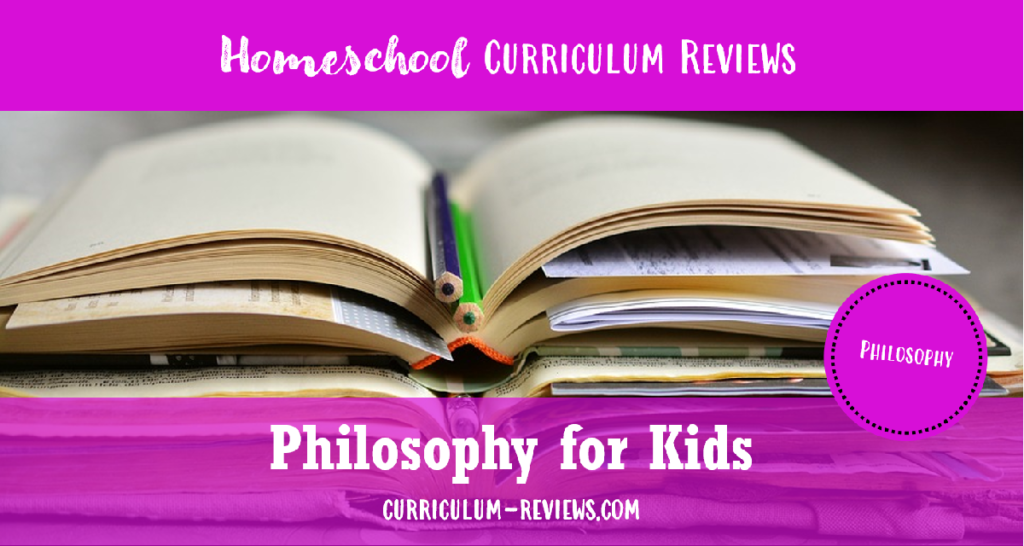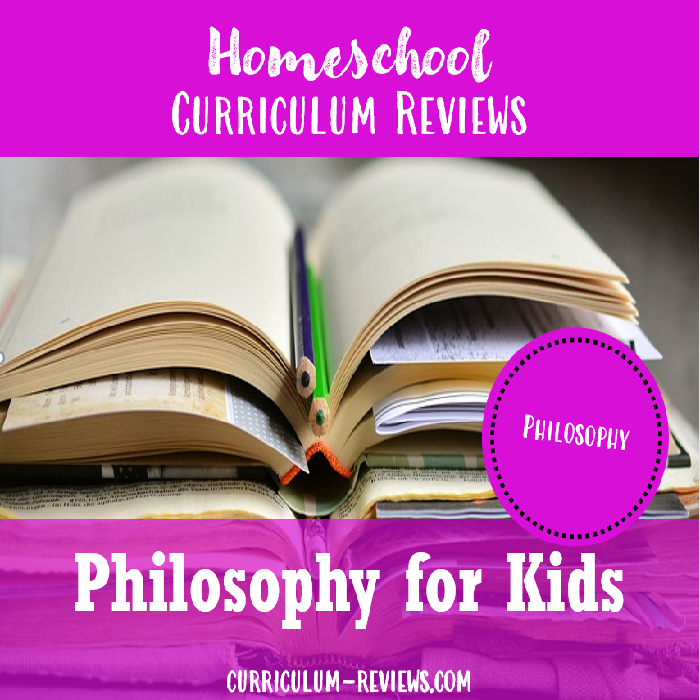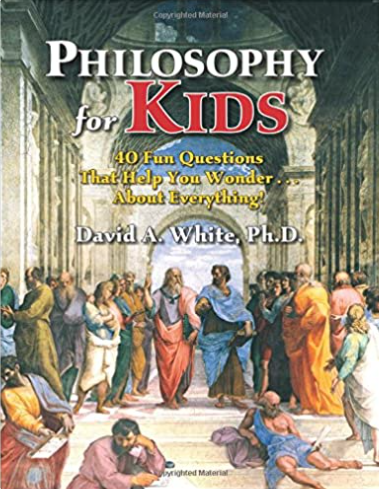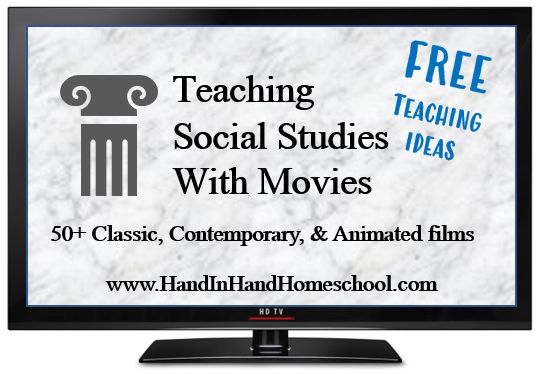
Philosophy for Kids
Philosophy for Kids: 40 Fun Questions That Help You Wonder About Everything, written by David A. White, is aimed at children 10 and up but could easily be used with somewhat younger gifted children, depending on verbal skills and their ability to think abstractly.
The book is broken down into four sections:
1- Values (ethics)
2- Knowledge (epistemology)
3- Reality (metaphysics)
4- Critical thinking (logic)
Each section is then divided into 10 questions. You have the option of reading through the chapters in order or jumping around through the book, following the kids’ interest, as the author suggests. Most chapters end with a reference to another question in the book, which could also guide your way through the book.
Each chapter begins with a brief discussion of the question and (for the first 29 questions) a short introduction to the philosopher whose viewpoint is under examination for the lesson. Midway through the discussion, the reader/listener does a brief exercise designed to deepen understanding about the question and examine personal thoughts and beliefs.
For example, question #16 (Knowledge) explores Immanuel Kant’s examination of knowledge, asking, “How can you tell when you know something?” The introductory exercise asks how the reader knows that 2 +2 = 4 and how you know an apple you are holding is red. Readers can select their own answer from a multiple choice list before reading what the author identifies as the answers that would follow Kant’s philosophy. A further explanation of subjective versus objective knowing follows.
Each chapter ends with two to four questions for further thought. Some are quite challenging. With the Kant query, White poses the question, “What is the difference between knowledge and belief?” White guides the reader somewhat, suggesting to first differentiate between an opinion and a belief then move to the distinction between belief and knowledge. Brief notes in the back of the book give additional information about the philosopher or guidance for leading a discussion on the topic.
Included in the book is a general introduction to philosophy and guiding philosophical conversations with kids. The book ends with a resource list for further philosophy reading for children and adults, a brief list of suggestions for integrating philosophy across the curriculum, and a glossary complete with references back to the questions. The book is easy to navigate and enjoyable to simply browse and explore, which is White’s intent.
Single question discussions take 20 to 30 minutes. One could add additional readings from the back of the book to round out the lesson. Using some of the “For Further Thought” questions as written essay questions for older students could work, but they may need some initial help in learning how to craft a logical and orderly written response to certain abstract concepts, as the jump from childhood wonderment and questioning to philosophical thinking generally takes encouragement and practice.
 About the Author: David A. White has a doctorate in philosophy from the University of Toronto and has taught philosophy in colleges and universities since 1967. Since 1993, he has taught programs in philosophy for the gifted centers and various magnet schools of the Chicago Public School system, the International Baccalaureate program at Lincoln Park High School in Chicago and Northwestern University’s Center for Talent Development, grades 4–9.
About the Author: David A. White has a doctorate in philosophy from the University of Toronto and has taught philosophy in colleges and universities since 1967. Since 1993, he has taught programs in philosophy for the gifted centers and various magnet schools of the Chicago Public School system, the International Baccalaureate program at Lincoln Park High School in Chicago and Northwestern University’s Center for Talent Development, grades 4–9.
Date of Review: 01/02/2014
NOTE: This review originally appeared on Sarah Butler’s blog, Quarks and Quirks and is reprinted with permission.


